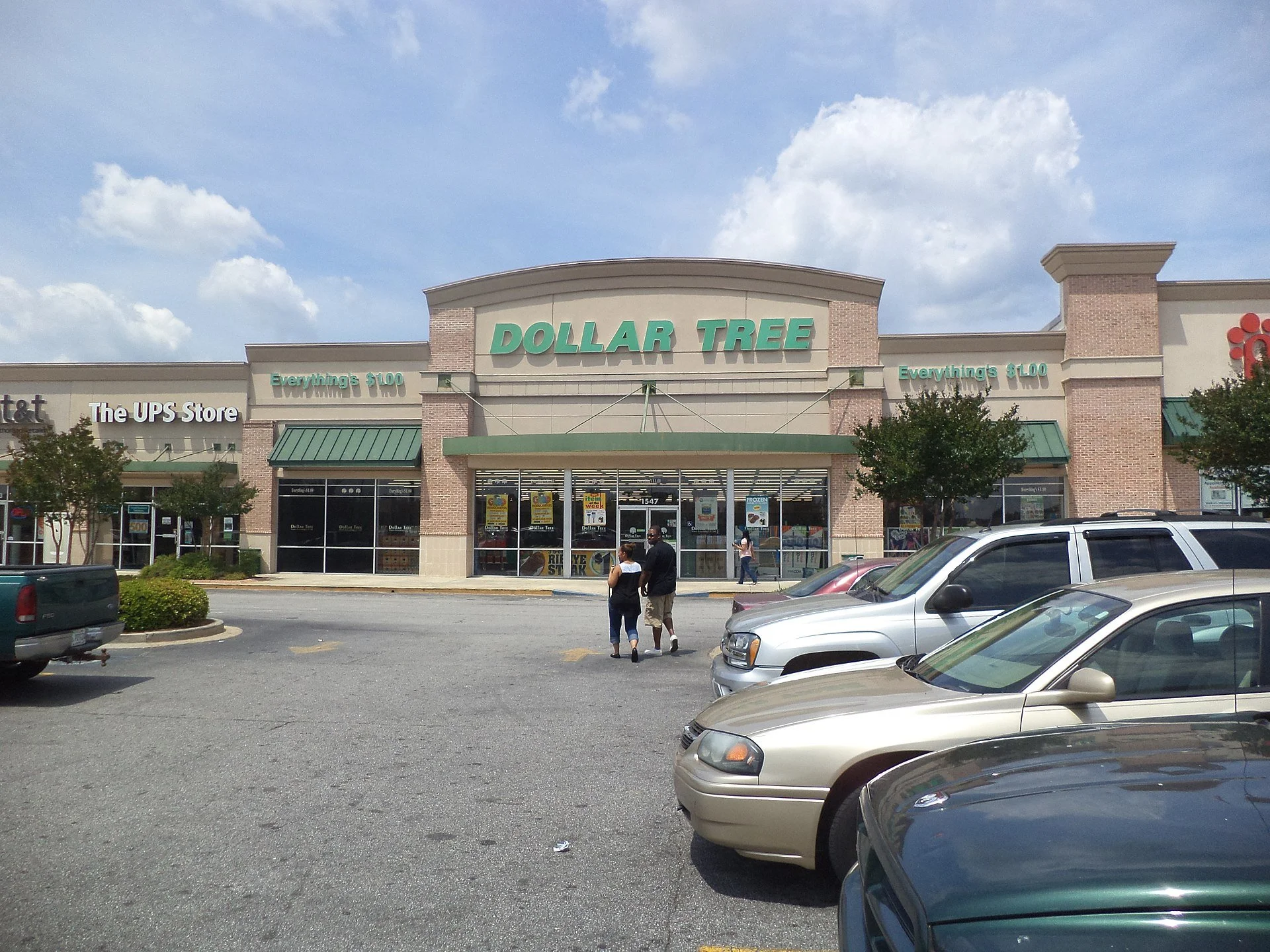Chris Powell: In Connecticut and elsewhere, ‘dollar stores’ reflect poverty
— Photo by Michael Rivera
MANCHESTER, Conn
Like the rest of the country, Connecticut is seeing an explosion of "dollar stores,’’ such as Dollar General, Family Dollar and Dollar Tree, discount retailers that are causing alarm in some quarters because, while they sell food and consumer goods, they don't offer fresh meat, fruit, and vegetables and they are feared to be driving traditional food markets out of business. As a result, some municipalities around the country are legislating to restrict or even prohibit "dollar stores’’.
Now, The Hartford Courant reports, a University of Connecticut professor of agricultural and resource economics, Rigoberto A. Lopez, has published a study supporting this resentment, linking the growth of "dollar stores’’ to unhealthy diets in "food deserts" and the failure of regular grocery stores.
But "dollar stores’’ aren't doing anything illegal or immoral. They wouldn't be successful if they weren't providing goods that people want and at low prices. Nobody seems to be accusing the "dollar stores’’ of using unfair trade practices or violating anti-trust law. If "dollar stores’’ are doing better than traditional grocery stores, competition is what a free-market economy is about. People can choose where to shop.
Critics of "dollar stores’’ don't like that. They seem to think that they should be allowed to decide not just where people shop but also what they eat.
Of course there is a problem. "Food deserts" are real but retailers aren't to blame for them. Poverty is, and the expansion of "dollar stores’’ is largely a measure of worsening poverty for many in the country as a whole as well as in Connecticut.
Too many people don't eat enough fresh food quite apart from their ability to pay for it, and combine bad eating habits with poverty and the problem is worse.
But poor households qualify not just for government housing, energy and income subsidies but also for federal food subsidies -- Food Stamps are now the Supplemental Nutrition Assistance Program -- and if they live responsibly they can afford fresh food if they want it, and if they can travel outside their "food deserts."
That's the other part of the problem. Like other retailers, full-service supermarkets won't make as much money by locating in poor neighborhoods as they will make in middle-class and wealthy neighborhoods. By avoiding poor neighborhoods, any retailer will suffer less theft as well.
So Hartford's city government is considering opening its own supermarket. Whether city government has the competence to run anything well is always a fair question, since the poverty of so many city residents is inevitably reflected in city government itself. But there probably will be "food deserts" in cities as long as their demographics are so poor. A city government supermarket in Hartford won't solve the problem.
Indeed, a good measure of the long decline of Hartford from what was considered the country's most prosperous city a little more than a century ago to a struggling one is the decline in the number of chain-owned supermarkets in the city -- from 13 in 1968 to only one or two today.
Because of this poverty there isn't much retailing left in Hartford generally. For years city residents have done much if not most of their shopping in West Hartford and Manchester. West Hartford's downtown long has been far more vibrant than Hartford's, because that is where the middle and upper classes -- the people who have money to spend, people who many years ago might have lived in Hartford -- have moved.
Blaming "dollar stores” for poor nutrition among the poor is just an excuse to ignore the causes of poverty. More than a study of the impact of those stores, Connecticut could use a study of what pushed Hartford and its other cities from prosperity to privation -- such as fathers who don't father, mothers who don't parent well on their own, schools that don't educate, policies that produce dependence instead of self-sufficiency, and government that takes better care of itself than its constituents.
The decline was underway long before Ronald Reagan, Donald Trump or either of the Bushes became president. But even as the "dollar stores’’ spread across Connecticut, no one in authority seems to have any curiosity about what happened.
Chris Powell has written about Connecticut government and politics for many years (CPowell@cox.net).
Downtown Hartford in 1914, during “The Insurance Capital’s’’ heyday.

